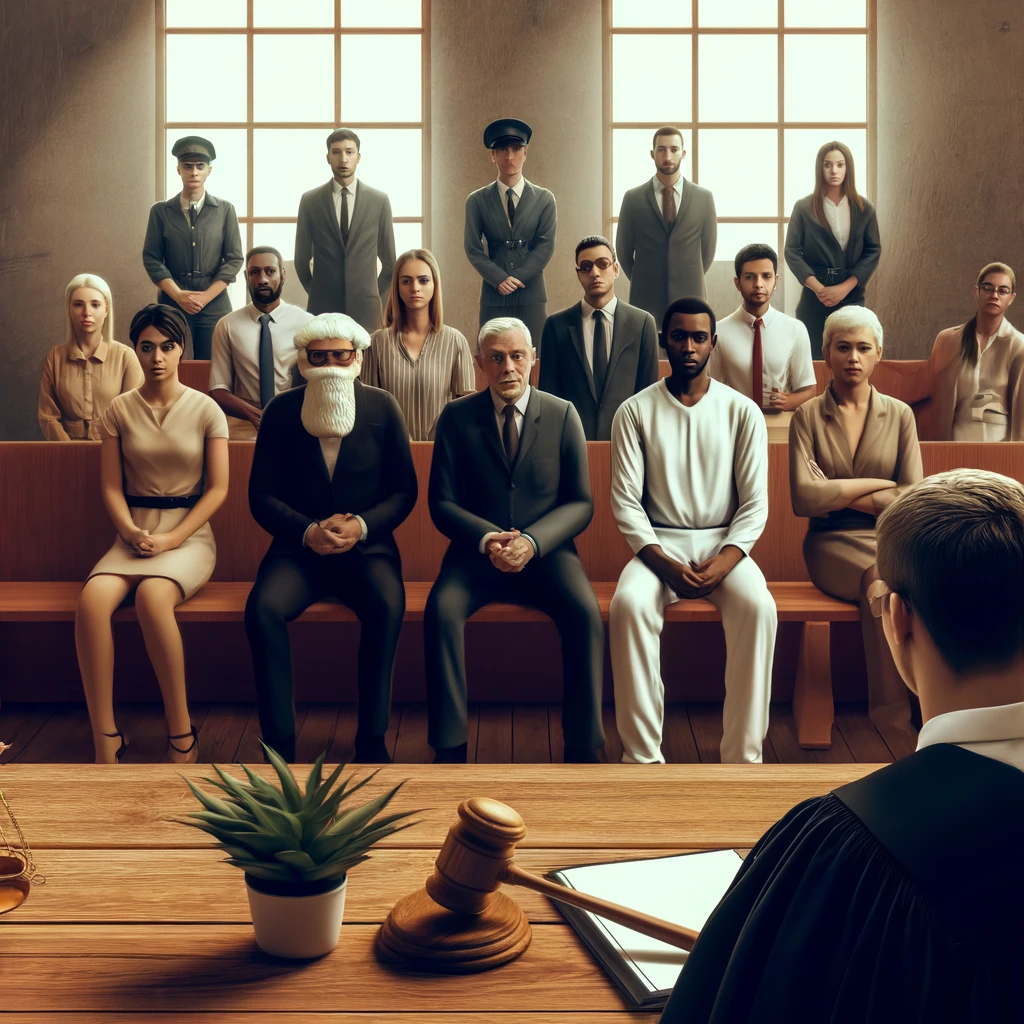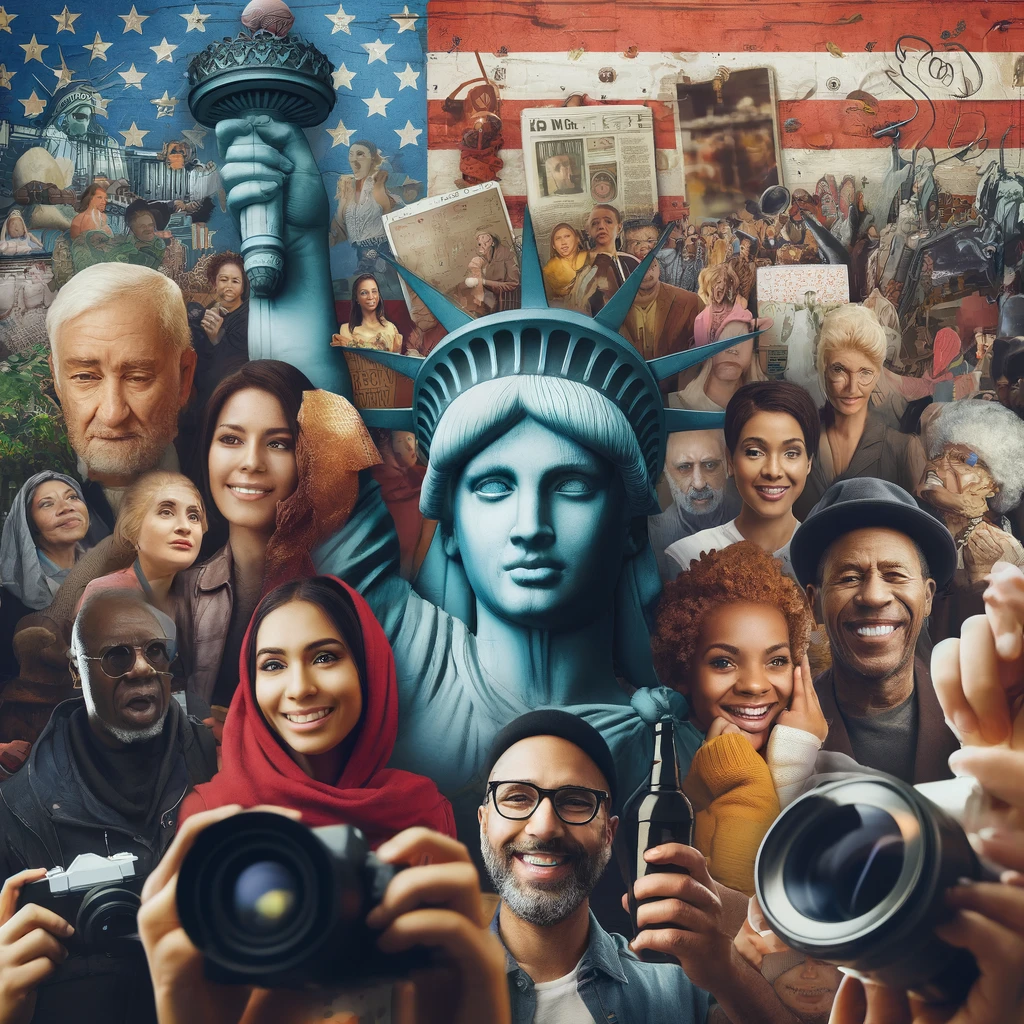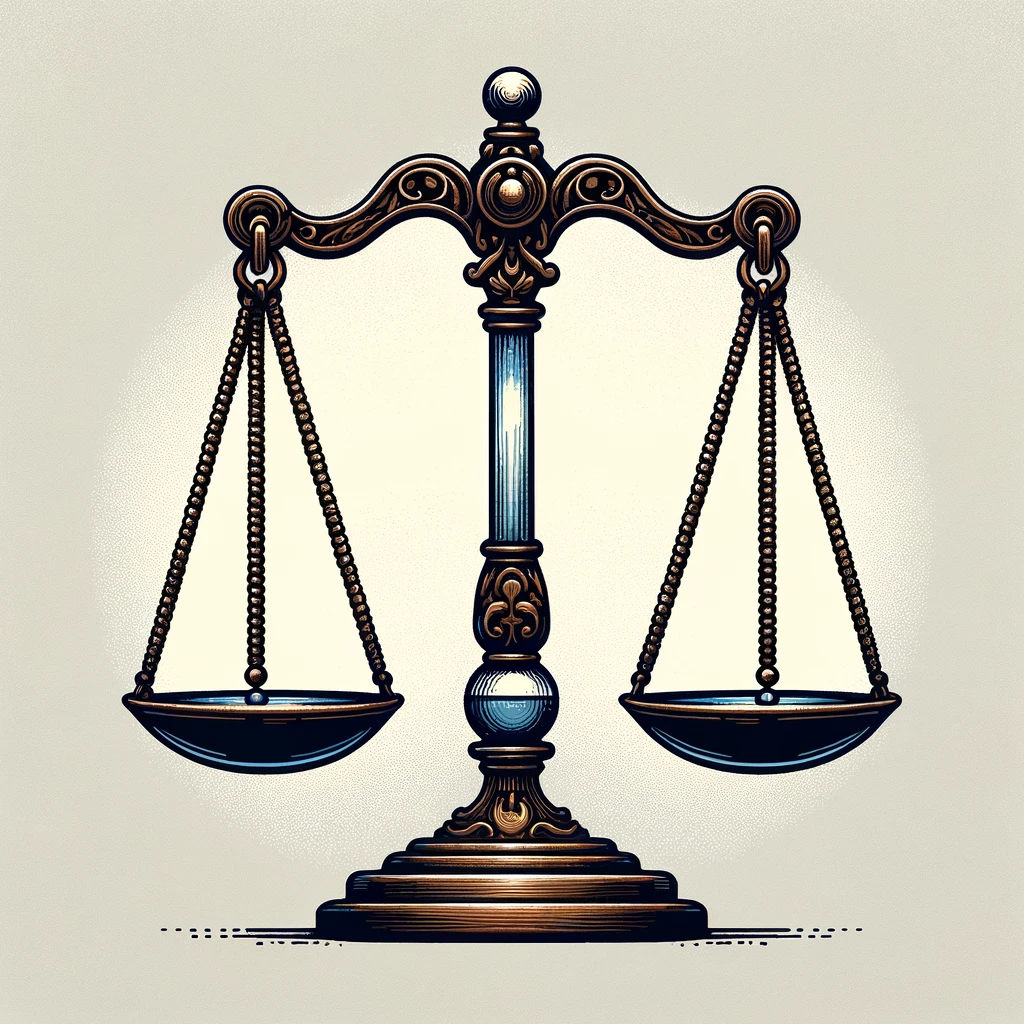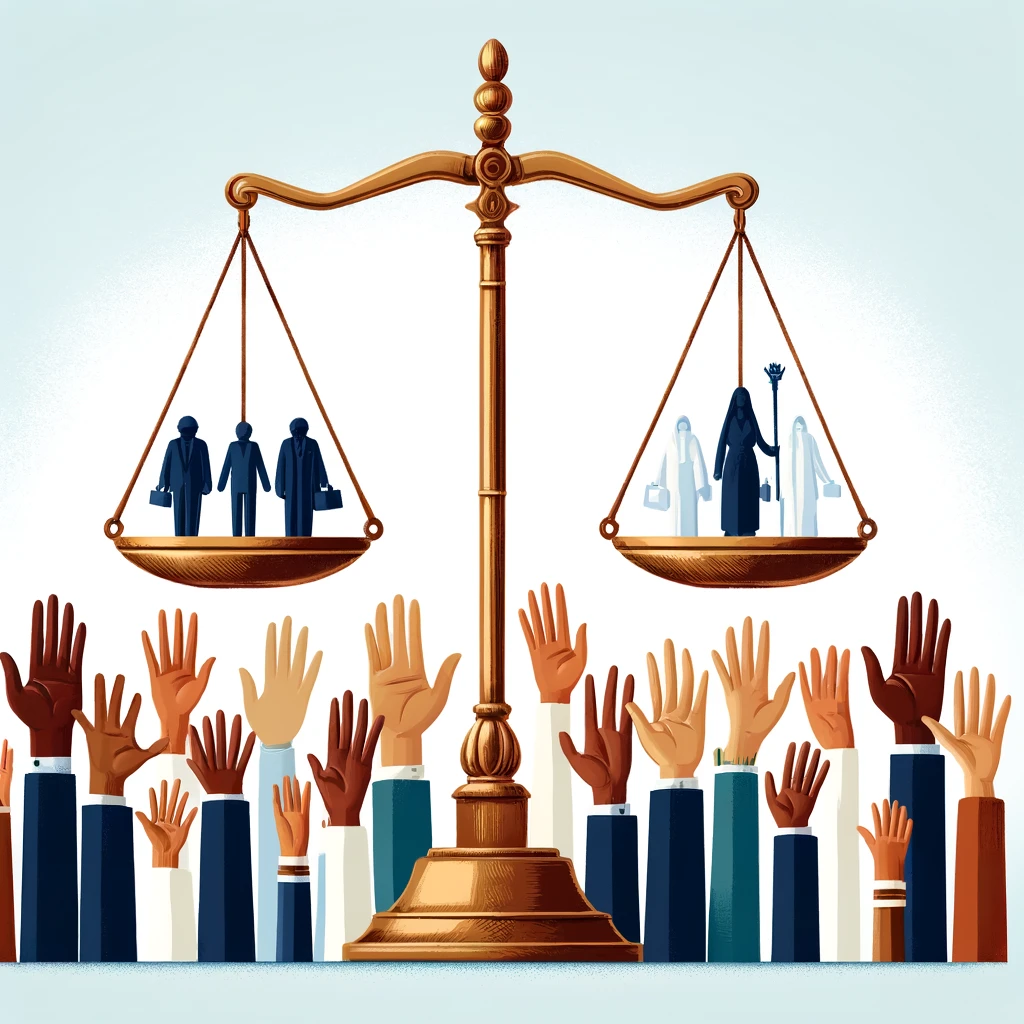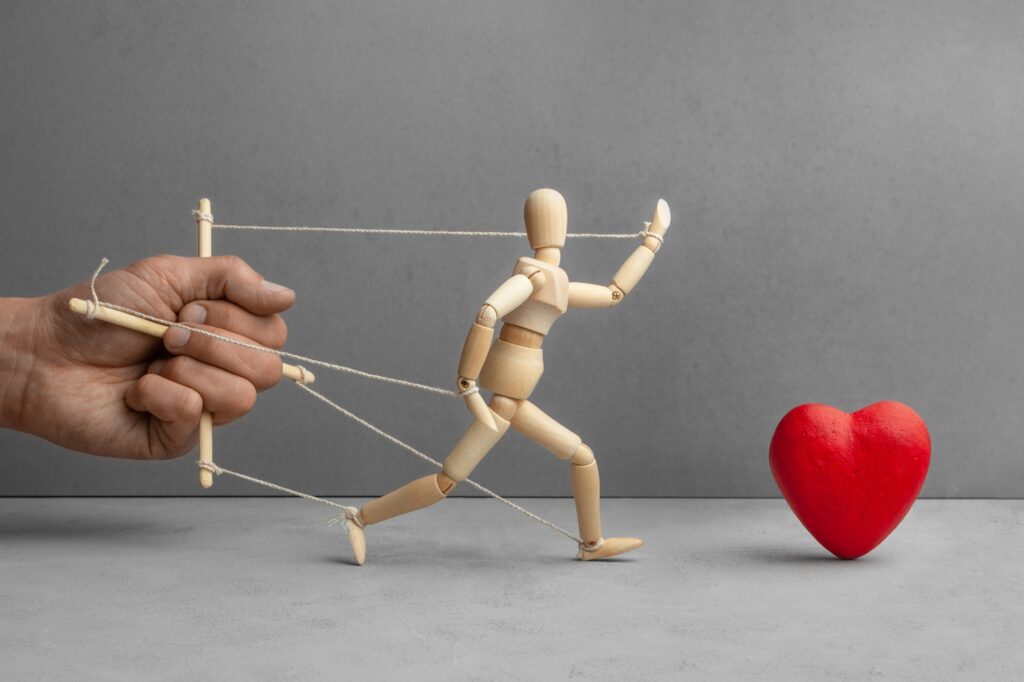Embarking on a personal injury lawsuit can be a daunting and overwhelming task. The legal process is often intricate, requiring a keen understanding of the law as well as precise documentation and filing procedures. By taking the right steps and making informed decisions, plaintiffs can significantly improve their chances of achieving a favorable outcome. Here are three critical tips for successfully moving forward with a personal injury lawsuit, ensuring that you protect your interests and secure the compensation you deserve.
Understand the Legal Process
Pursuing a personal injury case involves navigating a complex legal landscape that requires careful preparation and knowledge. While most personal injury cases are resolved out of court, understanding the nuances of the trial process is essential. For instance, jury trials are rare, as the Bureau of Justice Statistics indicates that only about 3% to 4% of personal injury cases go to trial. By gaining familiarity with court procedures and judgments, plaintiffs can make informed decisions about whether to settle or proceed to court.
It is crucial to gather all necessary evidence and documentation to support your claim. This includes medical records, witness statements, and accident reports that establish the basis of your case. Adequate preparation not only strengthens your case but can also expedite the legal process, helping you avoid unnecessary delays and expenses.
Engaging a competent attorney with experience in personal injury law can be a pivotal step in advancing your lawsuit. An experienced lawyer brings valuable insights and tactics for negotiating with insurance companies and opposing counsel. This guidance is essential for navigating legal complexities, ensuring that your rights are adequately protected along the way.
Seek Immediate Medical Attention
After sustaining an injury, seeking prompt medical attention is not only vital for your health but also for the viability of your lawsuit. The Centers for Disease Control and Prevention reported that 40 million people visited the emergency room for injuries in 2022. Obtaining a thorough medical evaluation and ongoing treatment is crucial for documenting the extent and impact of your injuries, which is fundamental for establishing the strength of your claim.
Delaying medical treatment can undermine your case by making it difficult to prove a direct link between the accident and your injuries. Timely medical records can serve as critical evidence that supports your claim, illustrating the severity and necessity for compensation. This documentation is necessary to ensure that your personal injury lawsuit is built on a solid foundation of credible evidence.
In addition to traditional medical treatment, consider consulting with specialists who can provide expert opinions on your condition and future prognosis. Their assessments may be invaluable in quantifying the compensation you may be entitled to, such as future medical expenses and impacts on your personal finance. This comprehensive approach ensures all aspects of your injury are addressed both legally and emotionally.
Consider Potential Settlement Offers
Throughout the legal process, you may receive settlement offers from the opposing party. Evaluating these offers requires a balanced consideration of both immediate and long-term outcomes. Federal laws that involve diverse benefits or statuses can further complicate the settlement assessment, especially for couples facing personal finance implications due to injuries. There are about 1,050 federal laws that involve some form of benefit or status bestowed upon married couples, so it’s important to consider these when looking into settlements.
The decision to accept or reject a settlement offer should be guided by a thorough analysis of its adequacy in covering medical bills, lost wages, and any future costs associated with your injury. Rushing to a decision can lead to insufficient compensation that does not fully address your needs. Therefore, consulting with your attorney and possibly a financial advisor can provide critical insight into the justness of a proposed settlement.
Ultimately, understanding the implications of a settlement—and any federal laws impacting it—is crucial for safeguarding your rights and interests. By taking an informed approach, you can make strategic decisions that align with both your current necessities and future financial stability. Empowered with knowledge and expert guidance, plaintiffs are better equipped to achieve a resolution that effectively addresses all repercussions of the injury.
Pursuing a personal injury lawsuit effectively requires diligent planning, expert counsel, and an informed approach to both legal and personal finance considerations. By understanding the legal process, seeking prompt medical attention, and carefully evaluating settlement offers, plaintiffs can optimize their case outcomes. Navigating the intricacies of a lawsuit may seem daunting, but with the right strategies and resources, individuals can secure fair compensation for their injuries and move forward confidently on the path to recovery.





